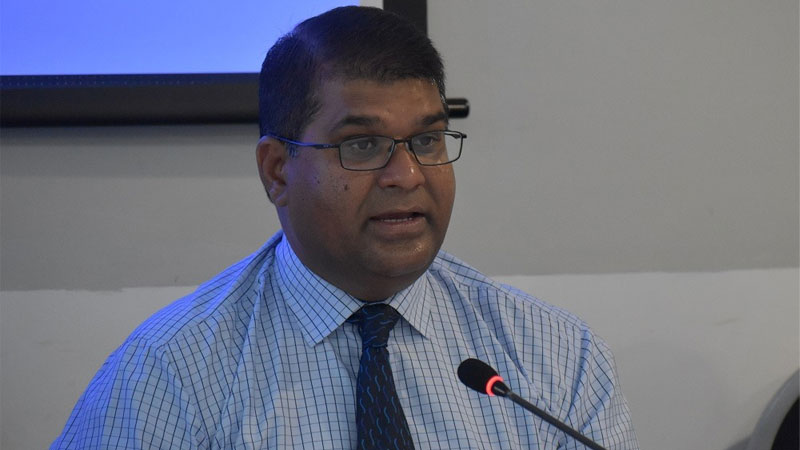
Governor and Chairman of the Reserve Bank of Fiji Board, Ariff Ali says targeted changes to the tax regime, increased allocations to critical social and economic sectors along with the provision of unemployment benefits reflected in the 2020-21 National Budget, are expected to positively nudge consumer and business confidence and stimulate domestic demand over the next few months.
Ali says more importantly, the incentives in the Budget should help support the tourism industry by enhancing competition and enable it to drive the economic recovery when travel restrictions are lifted.
He has also cautioned that the economy is operating well below potential and the ongoing weakness in the labour market owing to job losses and reduced hours will continue to be a drag on economic activity.
Ali says the halt in global travel has brought Fiji’s important tourism sector to a standstill and negatively impacted the broader economy.
He says sectoral performances, consumption spending and investment activity have contracted considerably relative to a year ago.
Governor Ali says credit growth decelerated further in June on account of lower lending to the private sector while high levels of liquidity of around $786.1 million in the banking system have underlined the decline in new lending and deposit rates in the review period.
He says while banks are well capitalised and the overall financial system remains sound, the recent build-up in non-performing loans could impact financial stability moving ahead.
It has also been revealed that annual inflation came in negative for the ninth consecutive month and reached a historic low of -3.5 percent in June. The year-end inflation is likely to be lower than the current 1.0 percent forecast, factoring in the year-to-date outturn, July fuel price review, and the impact of the 2020-21 National Budget.
Foreign reserves are currently comfortable at $2.1 billion sufficient to cover 7.7 months of retained imports of goods and services, and are anticipated to remain adequate in the medium term.
Governor Ali says that in light of the stable foreign reserves and inflation outlook, the RBF will continue to maintain its accommodative stance and closely monitor international and domestic economic developments and align monetary policy accordingly.
He also says the global economy still remains in a precarious situation.
Ali says while some economies have started easing COVID-19 containment measures, bringing about a gradual resumption of economic activity, the resurgence of infections in the US, Spain, Australia, and parts of Asia has led to the re-imposition of COVID-19 restrictions.
The RBF Governor says moving ahead, the prospects of a second wave of infections and containment measures coupled with the escalating US-China tensions could further prolong this current weak global economic environment.
Stay tuned for the latest news on our radio stations

